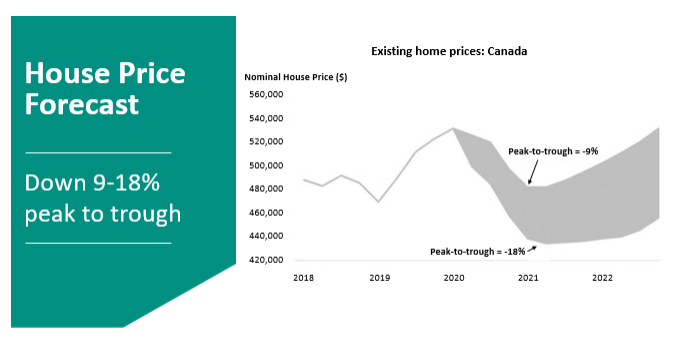Oil prices gave up nearly all of early Friday’s gains after an Iranian official told Reuters that there hadn’t been a missile attack against Iran.
Oil surged by as much as $3 per barrel in Asian trade early on Friday after a U.S. official told ABC News today that Israel launched missile strikes against Iran in the early morning hours today. After briefly spiking to above $90 per barrel early on Friday in Asian trade, Brent fell back to $87.10 per barrel in the morning in Europe.
The news was later confirmed by Iranian media, which said the country’s air defense system took down three drones over the city of Isfahan, according to Al Jazeera. Flights to three cities including Tehran and Isfahan were suspended, Iranian media also reported.
Israel’s retaliation for Iran’s missile strikes last week was seen by most as a guarantee of escalation of the Middle East conflict since Iran had warned Tel Aviv that if it retaliates, so will Tehran in its turn and that retaliation would be on a greater scale than the missile strikes from last week. These developments were naturally seen as strongly bullish for oil prices.
However, hours after unconfirmed reports of an Israeli attack first emerged, Reuters quoted an Iranian official as saying that there was no missile strike carried out against Iran. The explosions that were heard in the large Iranian city of Isfahan were the result of the activation of the air defense systems of Iran, the official told Reuters.
Overall, Iran appears to downplay the event, with most official comments and news reports not mentioning Israel, Reuters notes.
The International Atomic Energy Agency (IAEA) said that “there is no damage to Iran’s nuclear sites,” confirming Iranian reports on the matter.
The Isfahan province is home to Iran’s nuclear site for uranium enrichment.
“Brent briefly soared back above $90 before reversing lower after Iranian media downplayed a retaliatory strike by Israel,” Saxo Bank said in a Friday note.
The $5 a barrel trading range in oil prices over the past week has been driven by traders attempting to “quantify the level of risk premium needed to reflect heightened tensions but with no impact on supply,” the bank said, adding “Expect prices to bid ahead of the weekend.”
At the time of writing Brent was trading at $87.34 and WTI at $83.14.
By Tsvetana Paraskova for Oilprice.com
More Top Reads From Oilprice.com:













